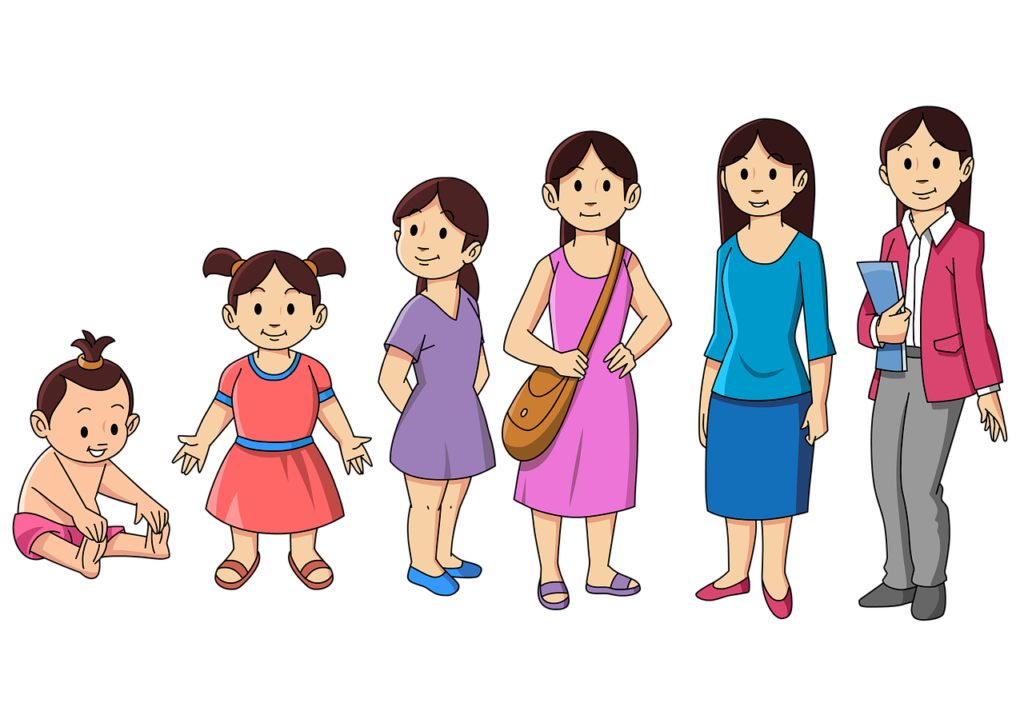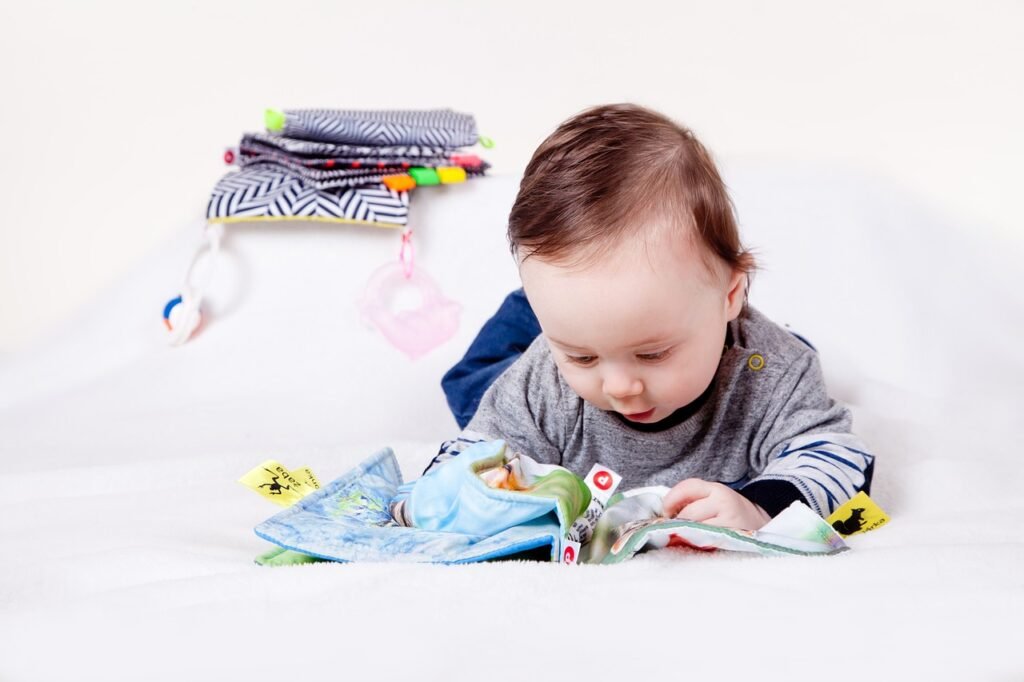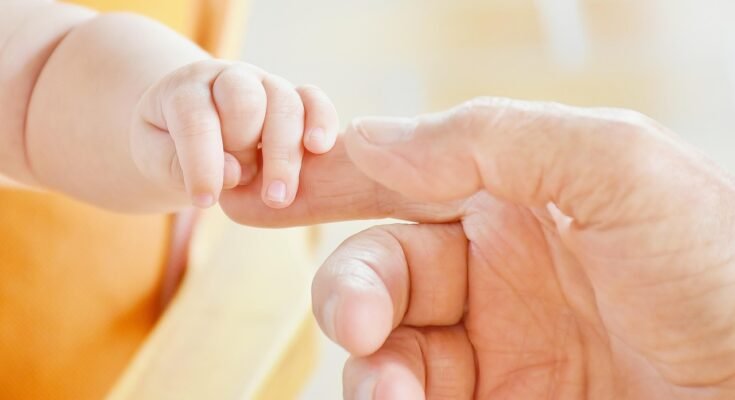Every child is unique. Various elements influence how children develop and learn while determining their physical and mental advancement. The basic factors of personal growth significantly influence child development beyond environmental and educational elements. Understanding these personal factors that affect child development helps parents provide the right support for their children’s growth.
Mental growth and physical well-being as well as social development of children are shaped by variations between their genetic makeup and emotional health status. Personal factors that affect child development play a crucial role in shaping their growth and learning experiences. Child development and learning heavily depend on ten major personal characteristics that will receive analysis in this article. Following completion of this text, readers will obtain improved skills for supporting their child’s developmental journey.
Read More About Parenting Here
1. Genetics and Heredity
Children’s development patterns heavily depend on genetic information that exists within their bodies. Personal factors that affect child development, such as inherited characteristics, play a crucial role in shaping growth. People receive through inheritance their growth attributes as well as intellectual skills and predispositions for personality traits. All children possess natural talents either in athletic performance academic achievements or artistic creation. The genetic inheritance serves as the initial building block because ultimately environmental influences together with life experiences determine how specific genes will evolve during development.
2. Physical Health and Nutrition
A child’s growth depends on two essential factors which are proper physical health and suitable nourishment. Personal factors that affect child development, such as nutrition and physical health, play a crucial role in overall growth. People who eat a balanced diet obtain necessary brain nutrients as well as muscle-building elements and daily energy while receiving all essential bodily components. Healthy eaters demonstrate better academic achievement while maintaining higher school time concentration abilities. Deficiencies in food intake lead to health problems and developmental setbacks in children.
Parents who educate their children about suitable eating behaviors in their youth will help them develop strength and sustain their physical activity. Physical activity is essential in completing child development.
3. Emotional Well-Being

A child’s emotional state demands equal attention to physical health because these aspects are equally crucial in child development. Personal factors that affect child development, such as emotional well-being, play a key role in shaping their confidence and resilience. A child exposed to loving care and both emotional and physical security establishes strong self-assured personality traits. The learning ability of children gets impaired while their social connections deteriorate when they experience emotional stress.
With supportive reinforcement from their environment, children become better equipped to use open communication for expressing their emotions. A secure environment established by parents enables emotional development among children to thrive as they get space for unbridled emotional expression.
4. Cognitive Abilities and Intelligence
Each child forms unique learning patterns that make their thinking methods different from others. Personal factors that affect child development, such as cognitive abilities, influence how they process information and solve problems. Children learn at different speeds because each one develops intellectual abilities at varying rates. Childhood cognitive skills determine students’ approaches to problem-solving as well as their information-processing strategies and their relationship with the world.
Through problem-solving activities, children can enhance their brainpower with deepening cognitive skills which can also be achieved by reading exciting books and playing intelligent games. The process of developing intellectual capacity relies heavily on motivating children to learn and find new ways of thinking.
5. Personality and Temperament

There exist two categories among children because some children behave with outgoing tendencies and others display reserved behaviors. Personal factors that affect child development, such as temperament, influence how children react to social situations and build interpersonal connections. Learning your child’s natural personality will help you use guidance approaches that match their characteristic way of behaving.
A supportive approach for timid children should involve motivation for social activities yet purposeful activities work best for energetic children. Children who receive care based on their personal behaviors build up their self-esteem and confidence levels.
6. Social Skills and Interaction
Children make emotional and cognitive gains by developing relationships with other people. Personal factors that affect child development, such as social skills, play a vital role in forming meaningful relationships and enhancing communication abilities. Young children who develop these social abilities at an early stage establish powerful interpersonal relationships while gaining better interpersonal communication skills.
Parents who want to maintain active important social skills should schedule group activities and arrange playdates for their children. Children’s social health development requires active teaching of kindness together with sharing and empathy skills.
7. Self-Esteem and Confidence
The belief that children possess their capabilities increases their behavior toward overcoming obstacles to achieve their targets. Personal factors that affect child development, such as self-confidence, directly influence their academic performance, social skills, and emotional well-being.
Positive self-esteem formation in children occurs when parents express gratitude for small achievements and give encouraging feedback. Patience guides children to develop strong self-images which produces confident adults instead of forcing them to stand through harsh criticisms.
8. Learning Style and Interests

Every child learns differently. Different children have different learning habits either through visuals or direct manipulation of objects. Learning style identification enables parents together with educators to build better learning environments for children.
The development process highly depends on the support of children’s personal interests. A child will gain increased confidence and motivation through opportunities to explore their interests in sports along with music and science.
9. Emotional Regulation and Coping Skills
Children require proper instruction to manage their emotional states alongside stress management skills for their development. Emotional regulation challenges in children often lead to school-related difficulties as well as problems in their relationships.
Teaching children to detect their feelings together with emotional management creates strong resilience in them. Three basic self-care techniques including mindfulness practice and storytelling and deep breathing exercises provide children with ways to manage emotions including frustration and anxiety.
10. Motivation and Self-Discipline
Students who stay motivated along with being disciplined tend to secure higher accomplishment when pursuing their goals. Personal factors that affect child development, such as motivation and self-discipline, play a crucial role in a child’s ability to stay focused and complete tasks. Motivation emerges when people have personal interests and when others provide encouragement or self-succeeding becomes essential to them.
A child’s motivation gets nurtured through parents who establish realistic goals and provide approval for their task-related efforts. Teaching time management skills and responsibility formation enables children to gain better discipline capabilities for their long-term success.
FAQs
Which elements originating from an individual influence child development processes?
A child’s development depends on personal features including genetic makeup, health status, emotional and cognitive traits, personality type, social abilities, self-perception, learning process, emotion control, and intrinsic drive. These elements influence the growth patterns as well as the learning process of children.
How do personal factors differ from external factors in terms of their origin and influence on a child?
The internal aspects of children which constitute personal factors include their intelligence and their temperament as well as their health status. The family setting together with education system and cultural background and social networks serve as external developmental factors. The two elements work as a unified system to mold child development processes.
How do children’s personal decisions influence their developmental changes?
Children experience growth changes because of things they choose to do such as what they eat along with their pastimes and education practices. The practice of supporting healthy options enables children to create beneficial practices that enhance their physical well-being in combination with their emotional health and mental state development.
What role do personal factors play in the process of learning?
Individual elements such as cognitive ability together with self-discipline rate with motivation define the speed at which children learn new information. A child’s emotional condition together with their confidence levels greatly affects their ability to focus on knowledge acquisition.
By understanding and nurturing these personal factors that affect child development, parents can create a strong foundation for their child’s future success.
Conclusion
Understanding the personal factors that affect child development allows parents to provide better support. Each child possesses a distinctive nature that determines their growth through various contributing elements. Parents who track their children’s health and emotional state alongside social growth and personal interests will help their children achieve maximum potential.
The fundamental aspects of developing a confident well-rounded child consist of a supportive environment together with continuous encouragement and patience. Your small steps in the present will build an improved future ahead for your child.




